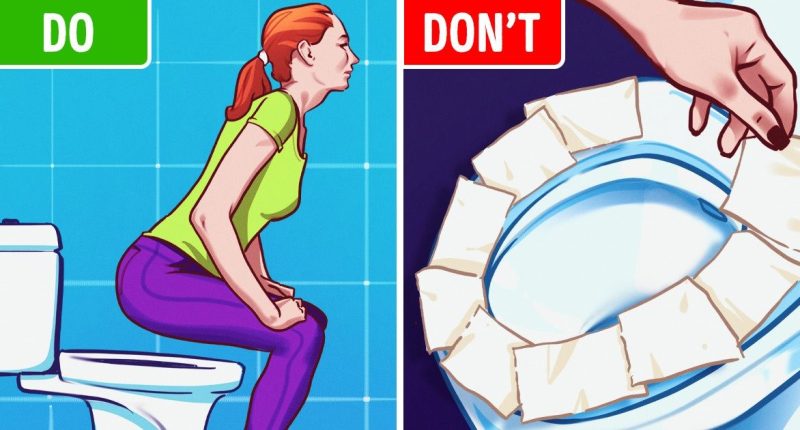Share this @internewscast.com
Using a public restroom is rarely a clean and enjoyable experience. But when nature calls you, you have to deal with all the available options. But to make this experience at least a little more bearable, we often cover the toilet seat with toilet paper to prevent microbes from getting on our skin.
Well, some research suggests that this may not be the best way out. We are very cautious about health and hygiene and are determined to find out the truth about bathroom safety and now, we are ready to share it with you.
There Are Bacteria Everywhere
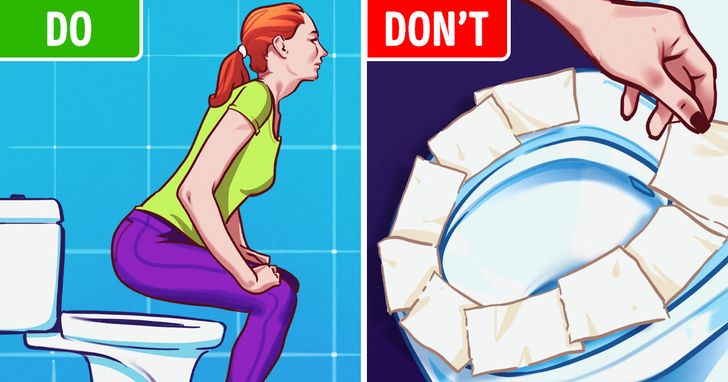
Every time we rinse, fecal bacteria rise into the air before spreading to all objects near the bathroom. You can find bacteria in the bathroom, on bathroom walls, on door handles, and even, you guessed it, on toilet paper rolls.
Paper absorbs moisture very well and is an excellent environment for bacteria to multiply. So when you cover the toilet seats with toilet paper before sitting down, you are basically covering a contaminated surface with even more contaminated material.
The spread of bacteria can be prevented by rinsing with the lid closed, but there’s no way to predict whether people who used the bathroom before us did, other than the fact that many public toilets don’t even offer that option.
In some public restrooms, toilet paper rolls are covered in plastic wrap to protect them from bacteria.
Toilet Seats Aren’t As Dirty As We Thought
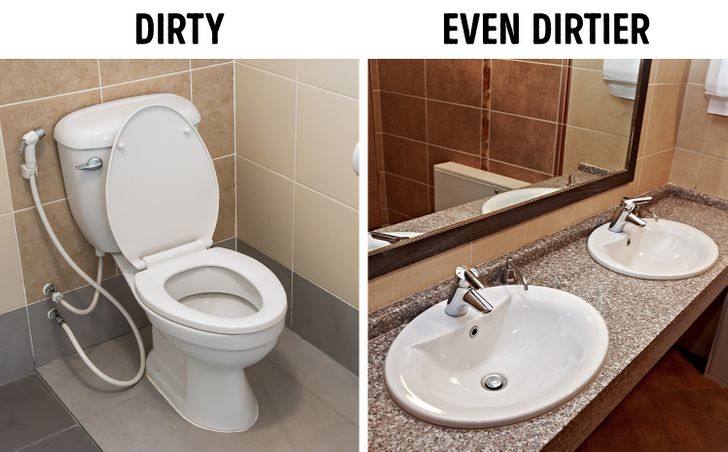
Surprisingly, the toilet seats themselves are not the dirtiest places in a bathroom. A microbiologist named Charles Gerba believes that frequently touched surfaces pose the greatest threat.
For example, people are more likely to touch handles, sinks, and toilet paper rolls with dirty hands, putting more germs on them.
As for toilets, they rarely come in direct contact with our skin or any other part of our body and many people also clean them with a napkin before using them.
Putting Down Toilet Paper Won’t Help
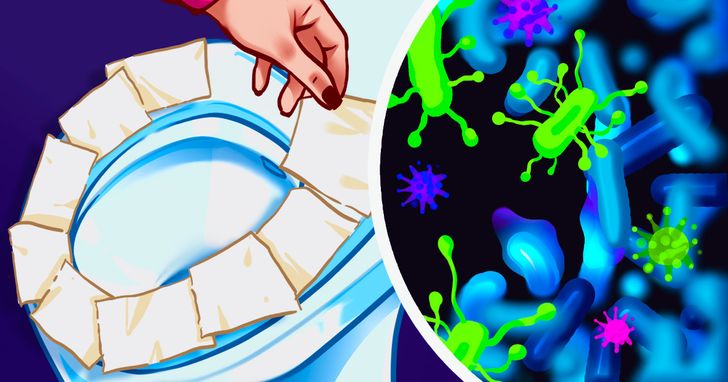
Using toilet paper placed in the same bathroom to cover the seat does not decrease the chances of contamination. It does not serve as a protective layer since it has already been contaminated with the same microbes and has probably been touched by other people.
Instead, you can carry toilet paper and use it to cover the toilet seat, potentially reducing the number of bacteria that come into contact with your skin. If you don’t have them handy, it’s probably best not to touch the seat.
How To Use A Public Restroom Safely
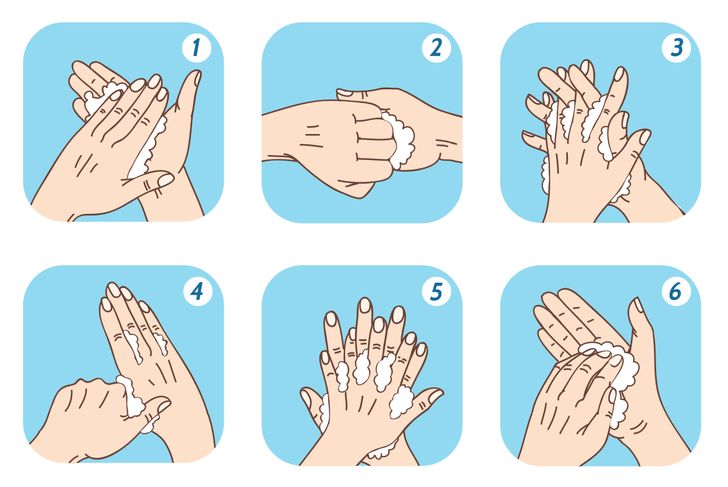
As we said, it is very difficult to get something from a public toilet if you follow some simple hygiene rules:
The most important thing to remember is to wash your hands well. Simply rinsing your hands with water will not solve the problem. You should use soap and wash your hands for about 20-30 seconds. If there’s no soap, at least use hand sanitizer.
After washing your hands, do not touch the tap. Use a napkin or a piece of toilet paper to prevent germs from getting back on your hands.
Don’t put your things on the floor or near the sink. It’s best if someone can hold them while you wait outside.
If possible, avoid touching anything in the bathroom with your bare hands, and never touch your face, eyes, or nose before washing them.
Do you have your own rules or tricks for using public restrooms? Share your tricks in the comments.
